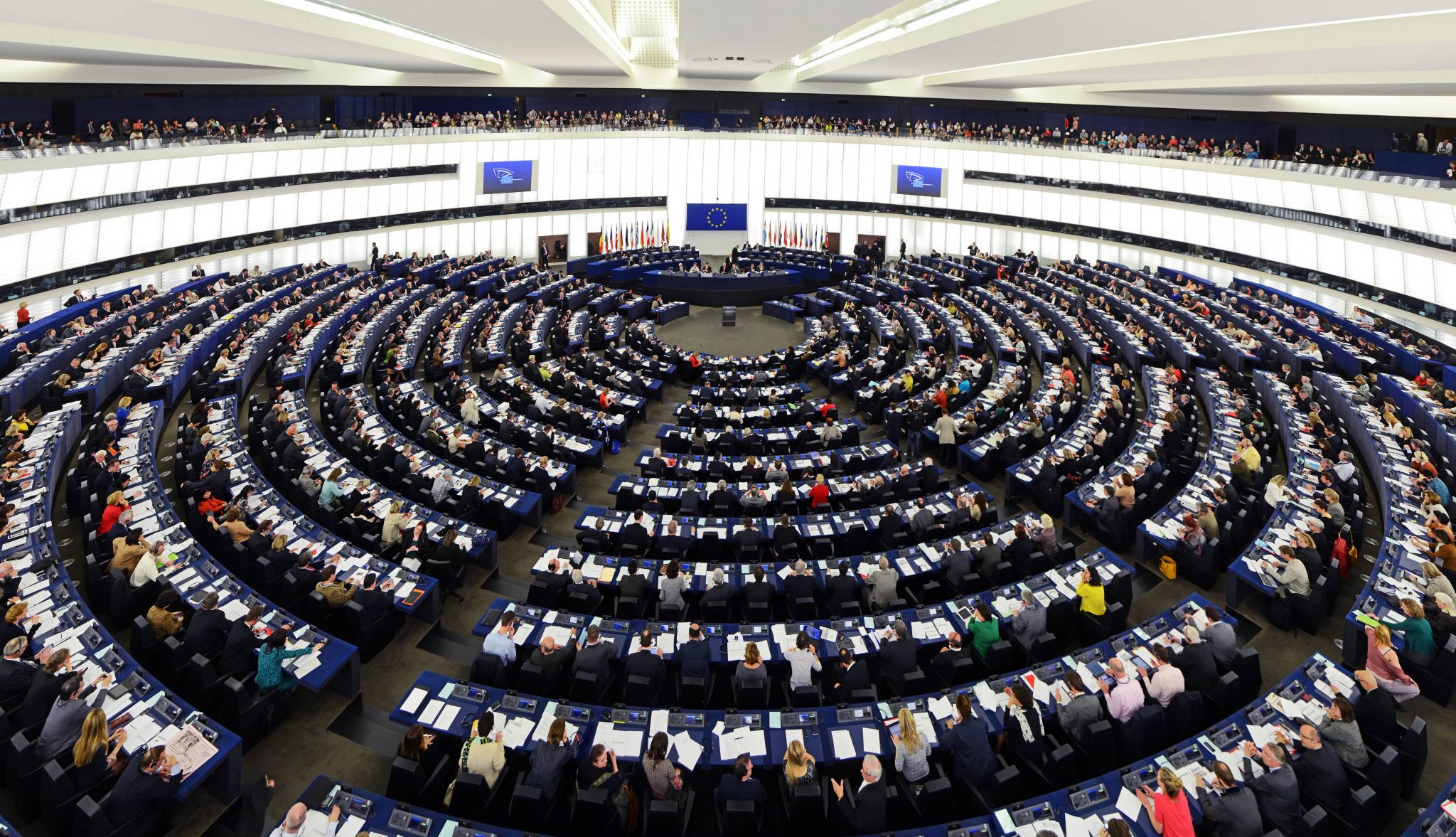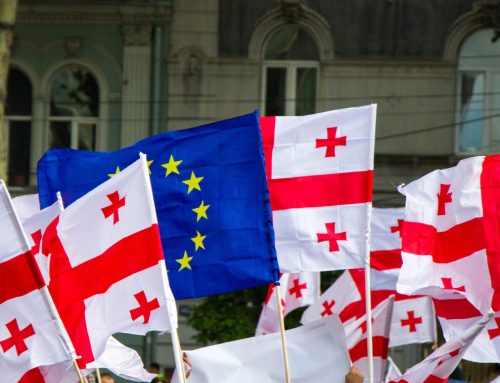With their new leadership selected, EU institutions have begun to outline their policy agendas for the coming years. European Commission President-elect Ursula von der Leyen highlighted the challenge of “external interference” in European democracies in her platform, hopefully providing a harbinger of stronger EU resolve to counter this threat. In June, the Alliance for Securing Democracy published the European Policy Blueprint for Countering Authoritarian Interference in Democracies, with specific recommendations for European institutions. Here are five issues EU leaders should prioritize:
1. The EU should appoint a senior-level coordinator for foreign interference.
At present, different forms of authoritarian interference are tracked and addressed by many different EU bodies. Having a centralized coordinator for issues that cut across EU institutions would allow the EU to better conceptualize the threat as a whole, ensure that various efforts across EU institutions are synched and working toward the same policy objectives, and respond most effectively. In past European Commissions, having a Vice President in charge of crosscutting initiatives such as the Energy Union and the Digital Single Market has been helpful. A Vice President for countering foreign interference would be useful for centralizing efforts and building a better common threat perception across the EU.
2. The EU should create a central anti-money laundering authority.
Abetted by local enablers, authoritarian regimes and their agents launder the proceeds of their corruption through the European financial sector, which can then facilitate interference operations. The European Commission’s recent communication and reports on reforming the Union’s anti-money laundering system have acknowledged the seriousness of this threat. We encourage the new leadership to centralize EU anti-money laundering supervision, either within the European Banking Authority or the European Central Bank or, ideally, a new agency. This would reduce the risk of confusion and omissions in complex, cross-border cases, and allow for economies of scale that could improve the EU’s overall anti-money laundering capabilities.
3. The EU should continue to hold social media companies accountable in the fight against disinformation.
Many of the major tech platforms’ efforts to counter foreign interference operations have at times been opaque and their policies inconsistently applied. To date, European institutions have been at the forefront of efforts to provide oversight over social media companies’ policies. The new leadership will have to continue and strengthen oversight. For example, the Commission has just begun working on a “Digital Services Act” that would equip the EU with new legal authorities to regulate social media companies. This legislation will have to guarantee greater access to data for third parties to effectively measure and evaluate the companies’ efforts to combat malicious activity, and facilitate greater information sharing on disinformation threats between governments and the tech companies.
4. The EU should strengthen its investment screening mechanism.
Companies, funds, and individuals affiliated with authoritarian regimes have invested heavily in critical sectors of European economies, thereby gaining access to sensitive intellectual property and infrastructure as well as coercive leverage over those governments. It is essential that the EU is armed with legal tools to prevent adversarial foreign governments from acquiring control over critical European assets. Access to intelligence as well as better intelligence sharing between EU governments would contribute to more informed decision-making. The EU-wide foreign investment screening mechanism, adopted in March 2019 and due to enter into force by December 2020, is a positive first step. It can be strengthened by widening its scope and enforcement measures. In particular, the European Commission should enhance its information-gathering capabilities to ensure that it can identify threats to the strategic sectors named in the new investment-screening mechanism.
5. The EU should coordinate its anti-interference efforts with its allies.
Many of the EU’s allies are facing similar attempts by foreign authoritarian regimes to undermine democracy. Responses developed and implemented in tandem with like-minded democracies across the Atlantic and beyond will be the most effective. For instance, on money laundering, the EU could coordinate with the United States and the United Kingdom to track cross-border payments in databases created to share information. Such a system would provide an internationally sourced record to support anti-money laundering campaigns in the United States and Europe. The EU should work with the United States, Canada, NATO, and Five Eyes allies Australia and New Zealand through existing G7 channels and elsewhere to build resilience to the foreign interference threat. Among their priorities should be to establish common threat perceptions and holistic solutions to identify and close critical vulnerabilities in their legal, economic, and institutional systems.
The views expressed in GMF publications and commentary are the views of the author alone.





